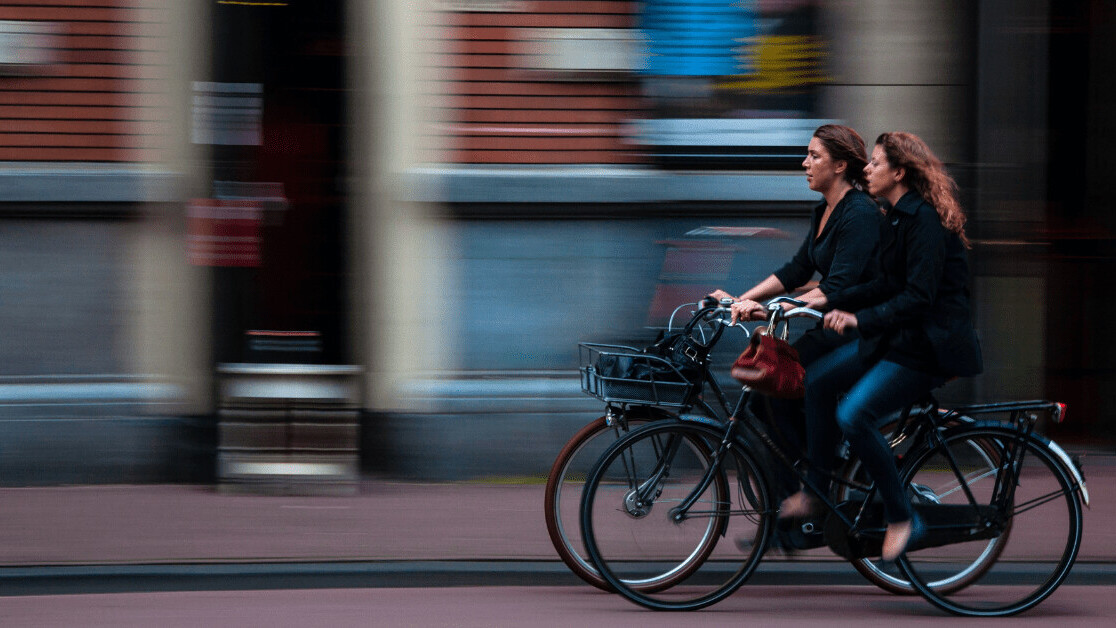The pandemic has given us the chance to rethink which type of city we would like to live in. The restrictions imposed by the virus have challenged us and forced us to rethink mobility schemes which were previously unthinkable. It has also given us the opportunity to revisit and revise the process we had already begun. In this back and forth, we have further strengthened our conviction to accelerate transformations and policies that have been put in place in the last few years, in order to create a city that offers equal access to opportunities, just as we have always imagined.
In this way, over the last few weeks, the avenues Corrientes and Córdoba have given way to bicycles. We have transformed the two most emblematic streets in the city and have created a new safe space of coexistence for all, without the need of users having to interpose or invade other actors’ lanes. On a daily basis, bicycles have begun to flood the cycle lanes and the results have been immediate; bicycle trips have increased 44% in these avenues since the incorporation of this infrastructure.
The first surveys carried out highlighted an interesting data point which strengthened that this is a phenomenon, sustained and continuous over the last ten years, which continues to evolve with the extension of the cycle lanes. In less than a month the number of women cycling in the avenues Corrientes and Cordoba has doubled, going from 8% to 19%.
Historically the bicycle represents, for women on a global scale, a symbol of freedom – and this increase demonstrates that this change should be promoted and expanded upon.
We are convinced that, in order to create a more equal society for women and other gender identities, we must create safe spaces where people can feel free, autonomous and independent; so that the city does not pose barriers or obstacles. Safe spaces realized so that citizens do not have to think about what to wear before leaving their homes and going out onto the street, making longer trips to reach their destination or avoid certain areas, spending more money, or deciding not to travel because it is nighttime.
When a public policy is conceptualized, whichever one it may be, it is essential to understand the difference that exists in the perception, use and necessities of transport between men and women and the role that mobility plays in their daily life. We know that women experience and move throughout the city in a different way than men. Specifically, in the city of Buenos Aires, their trips are linked to caretaking and they are principally made on public transport and by foot. We also know that the pandemic has highlighted many of these inequalities, which has been reflected in the increase in the number of gender violence cases or the burden carried in regards to caretaking in this context of isolation.
We want women to feel that the city is their own and that they do not need to plan their movements due to any symbolic nor physical barrier.
Within this strategy, last year we presented the first Gender and Mobility Plan in the city, which treated the gender inequality in the transport and mobility environment, not just in planning but also employment inclusion, mobility data and awareness of gender problematics, such as street harassment.
Inequality in relation to mobility and access to public transport implies less access to other rights, and the exit of the pandemic must be made in such a way that offers more opportunities for all. The journey is long but our public policies are transversal and we are focusing on removing the mobility gender barrier.
This article was written by Juanjo Mendez, Secretary of Transportation and Public Works, Government of the City of Buenos Aires, on The Urban Mobility Daily, the content site of the Urban Mobility Company, a Paris-based company which is moving the business of mobility forward through physical and virtual events and services. Join their community of 10K+ global mobility professionals by signing up for the Urban Mobility Weekly newsletter. Read the original article here and follow them on Linkedin and Twitter.

SHIFT is brought to you by Polestar. It’s time to accelerate the shift to sustainable mobility. That is why Polestar combines electric driving with cutting-edge design and thrilling performance. Find out how.
Get the TNW newsletter
Get the most important tech news in your inbox each week.






